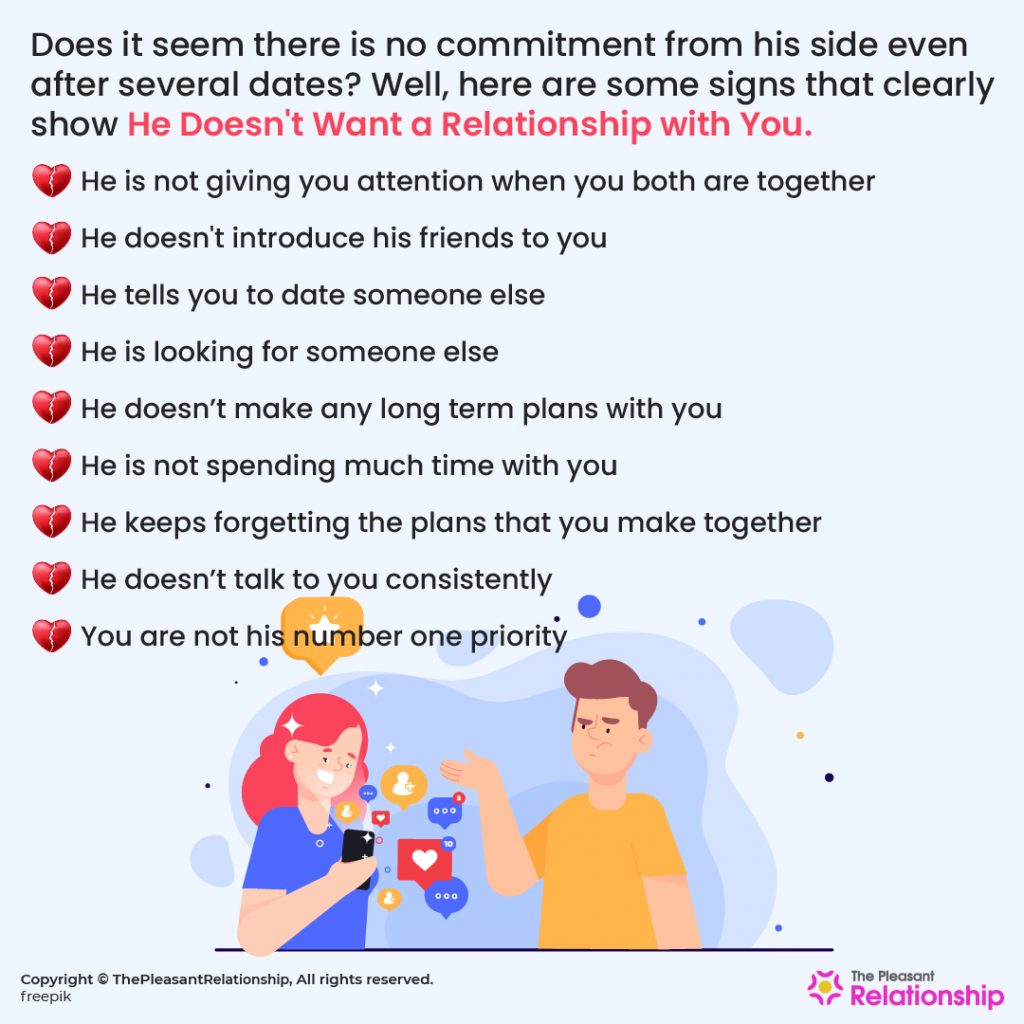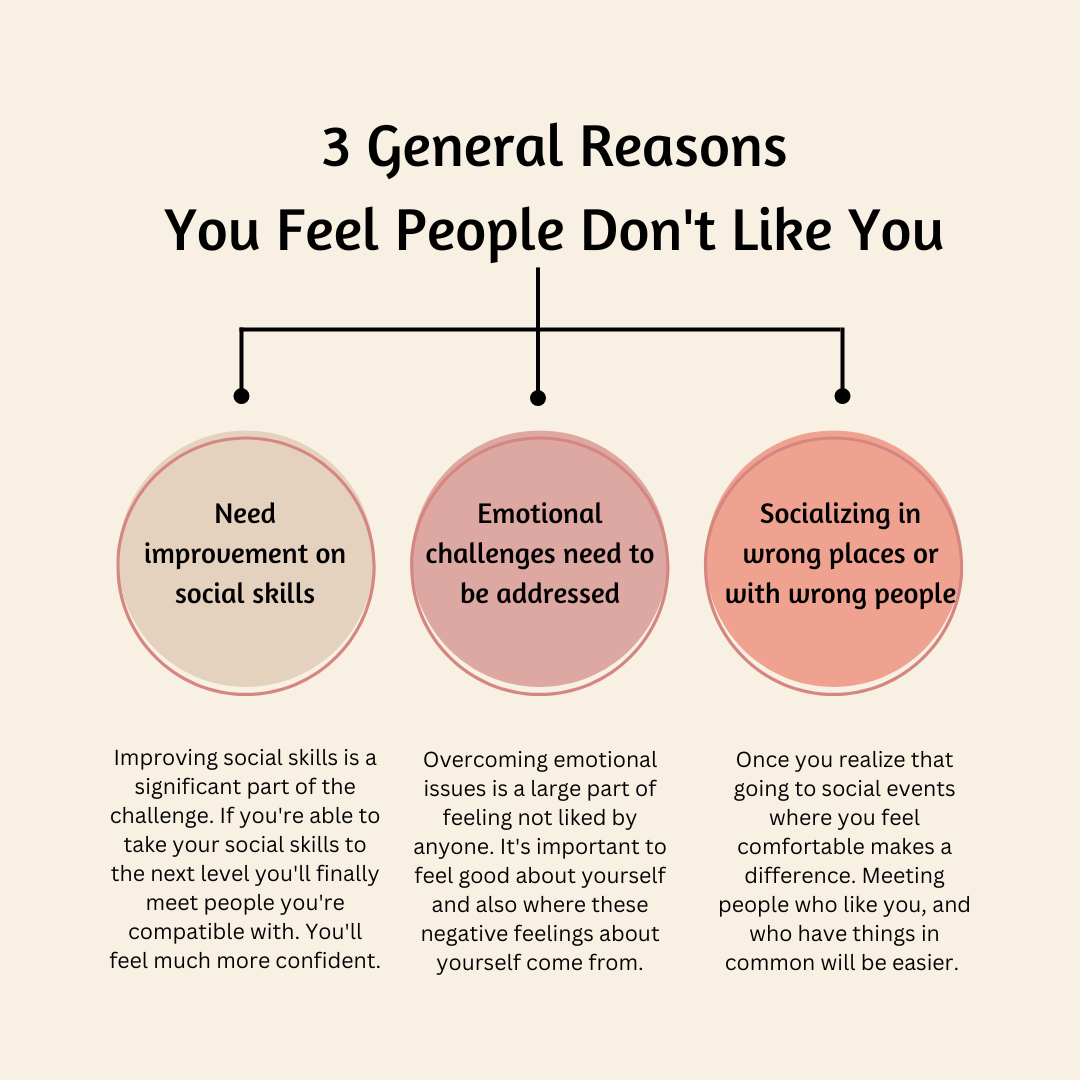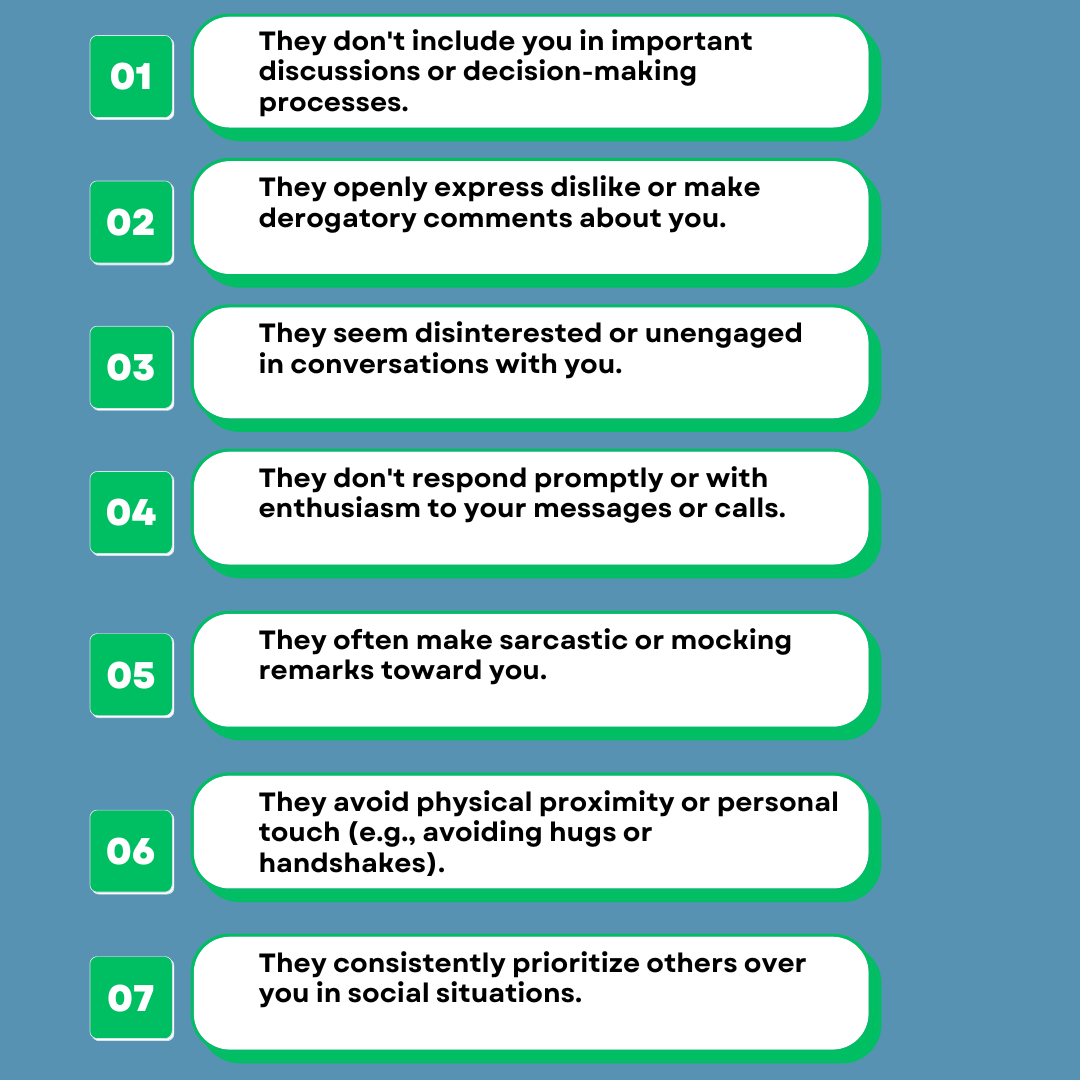Dealing With Someone Who Doesn't Like You

The sting of knowing someone dislikes you can be sharp and unsettling. It can impact your confidence, productivity, and overall well-being. Navigating these situations gracefully and effectively requires understanding, self-awareness, and strategic communication.
At its core, this is about managing interpersonal relationships. It's about understanding why conflict exists and how to mitigate its negative effects. We will explore the psychological underpinnings of dislike, offer practical strategies for managing interactions, and highlight when professional intervention might be necessary.
Understanding the Roots of Dislike
Dislike is a complex emotion often rooted in a variety of factors. These can range from personality clashes and miscommunication to competition and envy.
Dr. *Susan Fiske*, a professor of psychology at Princeton University, has extensively researched social cognition. Her work suggests that people rapidly categorize others based on perceived warmth and competence. This categorization can lead to biases and instantaneous judgments that fuel dislike.
External factors also play a significant role. Organizational politics, resource scarcity, and contrasting values can all contribute to animosity between individuals.
Strategies for Navigating Difficult Interactions
When faced with someone who dislikes you, a proactive and thoughtful approach is crucial. This involves managing your own emotions, understanding the other person's perspective, and setting clear boundaries.
First, practice emotional regulation. Acknowledge your feelings without letting them dictate your actions. "It’s important to remain professional and avoid reacting defensively," advises Dr. Anita Brown, a conflict resolution specialist.
Second, seek to understand their perspective. While it may be challenging, consider if there’s a valid reason for their dislike. Is there a misunderstanding you can clarify or a behavior you can adjust?
Third, focus on common goals. Identify shared objectives and work collaboratively to achieve them. This can help to shift the focus from personal feelings to shared purpose, according to research published in the Journal of Applied Psychology.
Setting Boundaries and Prioritizing Well-being
Establishing clear boundaries is essential for protecting your mental and emotional health. This involves defining what behavior you will and will not tolerate.
Communicate your boundaries assertively but respectfully. For example, you might say, "I understand we have different perspectives, but I would appreciate it if we could maintain a professional tone when discussing project updates."
Prioritize your well-being by engaging in self-care activities. These can include exercise, meditation, or spending time with supportive friends and family. Don't let the negativity consume you.
When to Seek Professional Help
In some cases, the dislike may be too deeply entrenched or the conflict too severe to resolve independently. If the situation is impacting your performance, health, or creating a hostile work environment, seeking professional help is necessary.
Human resources departments are equipped to mediate workplace conflicts. External mediators can also provide impartial guidance and facilitate constructive dialogue.
Additionally, if the situation is causing significant stress or anxiety, consider seeking therapy. A therapist can provide coping mechanisms and strategies for managing difficult relationships.
The Path Forward: Building Resilience and Fostering Positive Relationships
Dealing with someone who dislikes you is never easy. But by understanding the underlying dynamics, employing effective strategies, and prioritizing your well-being, you can navigate these situations with grace and resilience.
Cultivate positive relationships with others. Having a strong support network can buffer the negative impact of difficult interactions.
Ultimately, focusing on your own growth and development is key. Learn from these experiences and emerge stronger and more self-assured.

















